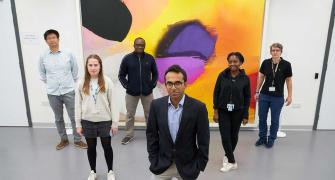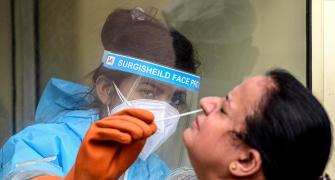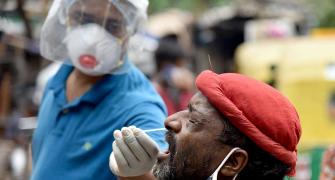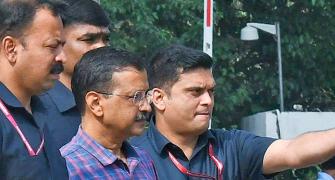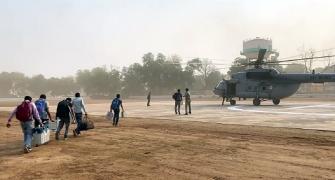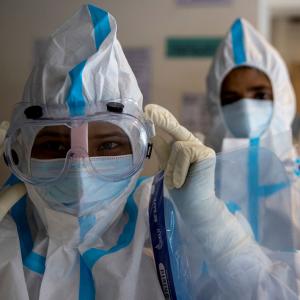'None of the existing vaccines have 100% efficacy.'
'Each vaccine will work openly on a certain percentage of the population.'
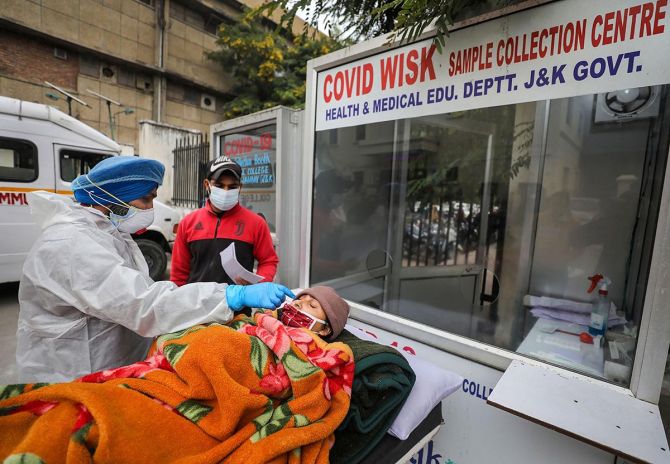
"What the government can do is, in addition to making it available free in the public system, it can be made available in the private market also for those who can afford to pay," Dr Anant Bhan -- adjunct visiting professor at the Yenepoya (deemed to be university) -- tells Shobha Warrier/Rediff.com in the concluding segment of an informative interview.
- Part 1: Who will get the vaccine first?
Should the vaccine be made available free for all citizens?
Ideally, since it is a pandemic and the purpose of the vaccine is public health, one would say that it should be available free.
What the government can do is, in addition to making it available free in the public system, it can be made available in the private market also for those who can afford to pay. But then, the minimum requirement is, it should be available in the public system for free.
The challenge is that if the doses are limited, and if the private market is competing with the public market, companies might prefer to sell it to private purchasing. Then, there will be a shortage of the vaccine in the public market.
Since it is a pandemic, the priority should be to ensure that as many people get the vaccine, free of cost.
Don't you think wealthy countries have a definite advantage over several poor countries when everybody is fighting the pandemic?
Yes, it is an ethics and equity issue. Many rich countries have already pre-ordered the vaccine from the companies involved.
So, what is available for the poorer countries is only a small part in the kitty, and a large section of the world is competing for that small part in the kitty.
But the fact is, this is a global pandemic, and it is impacting everybody including lower and middle-income countries.
That is why we say, what we are facing is vaccine nationalism.
This is nationalism of one type where countries are prioritising the vaccine needs of their own population.
But you have to recognise that this virus spreads due to cross border travel too, which means every country is susceptible.
So, by not supporting other countries to get access to the vaccine, you are putting your own population that travel at risk again.
In that sense, solidarity is a better idea so that a large section of the world population gets vaccinated.
Protecting everyone across the world is protecting your own country. It is very important for every country to recognise this fact.
In the case of India, do you feel because we have our own vaccine getting developed in India, and other countries like Russia wanting to manufacture in India, a part of the kitty will be made available here?
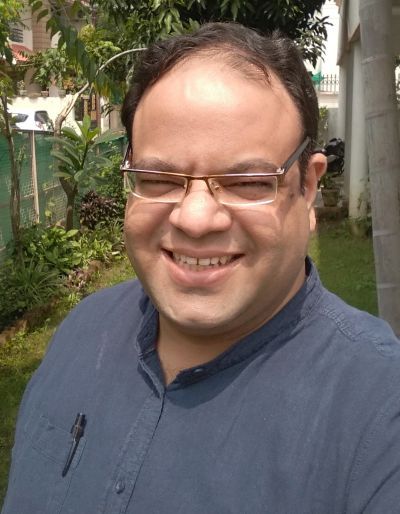 In the case of those who are manufacturing in India, it all depends on what kind of agreement the parent company has with the Indian manufacturing partner, and how much flexibility there is.
In the case of those who are manufacturing in India, it all depends on what kind of agreement the parent company has with the Indian manufacturing partner, and how much flexibility there is.
Having said that, the government could leverage its regulatory powers and force companies to providing certain number of doses for the local market.;
The government could also have a contract with them to enhance the manufacturing capacity to provide for the local market.
You were a member of the working group set up to revise the international guidelines for biomedical research involving humans. What kind of ethical practices should researchers follow in developing this vaccine?
One is ensuring that adequate data is available on efficacy, safety, for a good quality review, ensuring that there is an independent monitoring of these studies, that there is transparency about the data, that the studies are conducted on high standards of ethics and regulatory requirements following all the national and international guidelines.
Also, there is data available publicly so that it can be evacuated by anyone.
Moderna claims 94.5% efficacy and Pfizer said 90% first and now 95%. Should the public be satisfied with what they say?
No doubt it is a positive finding, and we should feel encouraged by it. But we should not get swayed by it.
It only says there is something positive in the early stages of the trial. We have to wait for more time to know the full data on the vaccines.
None of the existing vaccines have 100% efficacy. Each vaccine will work openly on a certain percentage of the population.
You have to find out the minimum percentage of the efficacy with which we are satisfied. That will vary, and each regulatory agency will decide that.
Anything that shows upwards of 70%-80% efficacy is usually fairly good. Having said that, what we know about the Covid vaccines is only from the early stage data.
You tweeted the other day that 'public health should not be politicised but public health is political'. Is public health being politicised not just in India, but all over the world?
Yes, it is already happening for the past many months. We saw in many countries where politicians refused to acknowledge the scale of the problem, or them going with therapies that are not based on good quality evidence, or making decisions which will help them score political brownies like the vaccination promises.
These are the challenges. At the end of the day, public health has to be based on sound evidence. That is not where you need political interference or political prioritisation.
We have to recognise that by politicising public health, we might be creating problems.
Vaccine nationalism is one example of politicisation of public health.

